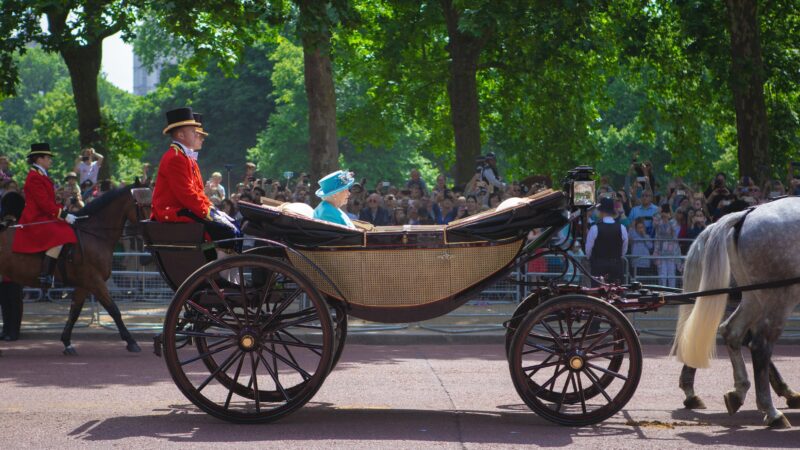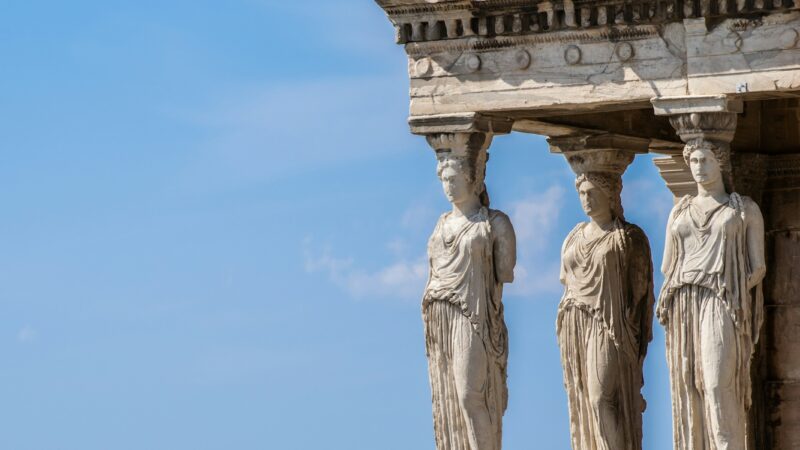The small island nation of Singapore is like the American TV program, The Wire. I understand that is probably one of the weirdest opening sentences to an article about philosophy and global politics, but hear me out.
Co-creator of The Wire, David Simon, once stated the reason for the show’s success was its ability to mirror every conceivable political bias of the viewership. This was enabled by the many different themes and issues exhibited throughout the show. If you are against the War on Drugs, you will see evidence of its failings. If you support it, you will see evidence it should continue. If you believe that police failings are because of cultural or economic reasons, you will see those perspectives reflected too.
In short, within the entire series, you will see nearly every modern political issue at play as understood by every ‘side’ of said issue. What remains interesting is that, as noted by Simon, the show maintains an ability to “validate” and consequently reinforce the beliefs of the viewers.
As such, the city of Baltimore continues to hold a light to America-at-large and its ongoing issues, even if it aired 21 years ago, finishing just before the election of Barack Obama in 2008. Whether it’s urban decay, corruption, or the failure of the American Dream, what we see in the show are things that existed in the 1960’s and still exist today in this post-industrial broken city.
You can follow this train of thought into the world of global politics, which is not as far away from modern media as I would like to admit. Specifically, we have seen a similar situation emerge out of the success story that is Singapore.
Singapore is like a mirror to any political persuasion that one might have, from which also can “validate” one’s own personal politics. The only real difference is that The Wire (and by extension the city of Baltimore, I say this because the city itself is largely the main character for the entire show) are used negatively, while Singapore is used positively.
If you want to see a thriving multi-ethnic, multicultural, post-colonial state, then you can look to Singapore. If you want to see somewhere that champions free-market capitalism, then you can see it there. If you want to see somewhere with a right-wing government that places a strong emphasis on law and order, not to mention the death penalty, it’s right there between Johor and the Riau Islands.
It remains fascinating to me that a tiny island, one which most people could never find on a map, has sparked such a massive debate on what they ‘see’ when they think of Singapore.
A nation with a population comparable to Lebanon or Palestine, yet more than a hundred leagues above such countries. A right-wing free-market paradise with the best public housing in the world. Those who see its publicly-funded universal healthcare system, one of the most efficient in the world, argue to the contrary. A super politically conservative nation that’s current president is an ethnic minority Muslim woman, racial success story, model minority, etc, etc.
Is Singapore perfect? Of course not. Is Singapore used to reflect general political beliefs about the world? Well, yes. Are a lot of these views correct? Yes and no.
Politically, socially, economically, a lot of different political views and philosophies are validated by the existence of Singapore. Fundamentally, Singapore and Baltimore have a comparable effect on the politically-minded.
Do people get murdered and addicted to drugs in both places? Yes. Are both places being led by an ethnic minority leader? Yes. How we view subjects often depends on the viewer itself, as much as the subject matter in play.
Despite this, Singapore has become a symbol of success whilst Baltimore has become a symbol of failure. Singapore is a model whilst Baltimore is a failure, and nobody wants to see their political beliefs reflected or “invalidated” by the latter.
What is revealing is how two completely different places are so similar, while being so completely poles apart. Everyone can infer whatever they want from either place or still be generally, albeit not exactly, correct.
In conclusion, I think that David Simon is largely correct about this idea of how we as viewers of a thing can be so vastly different, yet so widely validated by its existence. Maybe, it’s more revealing for us, as viewers, to look at places or thematic issues within the greater context of The Discourse, whether political or pop culture, and realize we can all be somewhat right, while also being largely wrong.
Enjoying The Mallard? Consider subscribing to our monthly magazine.



